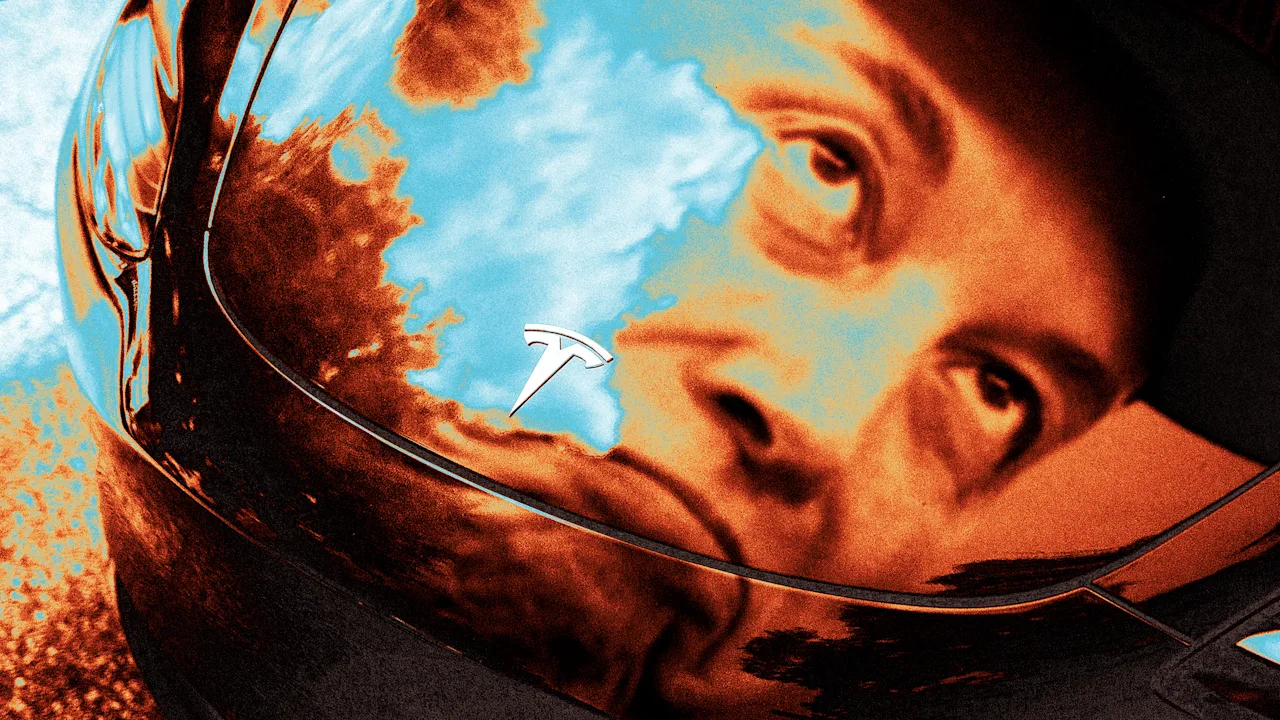A recent study published in the journal Nature reveals a significant shift in consumer sentiment surrounding electric vehicles, suggesting that Elon Musk’s public persona and political alignment may be inadvertently deterring liberals from purchasing any EV, not merely those manufactured by Tesla. This unexpected finding challenges previous assumptions about the impact of public figures on broad market perception, especially within the rapidly evolving EV market.
The research, conducted by a team from multiple American universities, tracked the evolving perceptions of Tesla, Musk, and electric vehicles among conservative and liberal demographics between 2023 and 2025. Researchers initially hypothesized that liberals’ views on EVs would remain steady, while conservatives might become more favorably disposed to electric vehicles or Teslas, given Musk’s pronounced political shift rightward. The results, however, demonstrated an inverse trend.
Contrary to expectations, the study found that conservatives maintained a consistent disinterest in both generic electric vehicles and Tesla models throughout the research period. This indicates that Elon Musk’s increasing alignment with conservative politics did not translate into a boost for Tesla or the broader EV sector among this demographic, underscoring a persistent skepticism towards the technology regardless of political association.
Conversely, liberal respondents, who initially expressed strong interest in generic EVs but showed lower enthusiasm for Teslas in 2023, exhibited a notable decline in their desire to purchase any electric vehicle by March 2025. Their purchase intentions for generic EVs fell to a neutral midpoint, while their views on Teslas became distinctly negative, illustrating a substantial cooling of liberal sentiment towards the entire category.
This shift occurs despite an overall rise in EV sales since 2019, which indicates a growing mainstream acceptance of electric vehicles. However, Tesla’s global and U.S. sales have plateaued since mid-223, with recent quarterly deliveries and revenue experiencing significant declines. While Tesla backlash might be one factor, other consumer trends like increasing competition from established automakers like GM and Ford also contribute to shifts in EV market dynamics.
The researchers have termed this phenomenon the “Tesla backlash effect,” suggesting a strong correlation between negative opinions of Musk and decreased purchase intentions for generic EVs among liberals and moderates. While acknowledging the data is correlational, coauthor Matthew Burgess highlighted that participants with low ratings of Elon Musk across dimensions like likability and trustworthiness were specifically the ones exhibiting these reduced preferences, directly linking the CEO’s image to broader EV perceptions.
It is important to note that the study acknowledges other potential influences on consumer trends in the EV market, such as the uncertain future of EV tax credits and increased global competition. Yet, the data strongly suggests that liberals’ declining interest in general electric vehicles was preceded by their increasingly negative views of Teslas, which in turn, were closely associated with their opinions of Elon Musk.
The study’s lead author, Alexandra Flores, observed that it is highly unusual for a single chief executive to wield such an extensive impact on an entire class of products. This suggests that Musk has become so intrinsically linked to public perceptions of electric vehicles in the U.S. that his highly visible and often controversial persona has significantly influenced political polarization within the automotive market, profoundly dragging down general enthusiasm among liberal buyers.






Leave a Reply